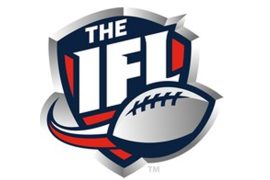The Economic Times reported today, United Spirit garnered more than 10% of its operating profit from cricket in the last financial year. Last year, Royal Challengers, a subsidiary of the country’s biggest liquor making company constituted only 3% of its operating profit.
The previous owner of United Spirit Vijay Mallya purchased the IPL team for 111.6 million in 2008 and took it under the Indian unit of the world’s largest distiller, Diageo.
RCB’s revenue rose up to 313 crores in FY 2019 while its earnings before interest, tax, depreciation and amortization (EBITDA) increased 430% on year to 146 crores, according to the information provided by United Spirit. However, last fiscal’s numbers included part of revenues and profitability for this year’s IPL season 12 as well because the tournament commenced early.
Counting without the latest season of IPL, RCB’s revenue is estimated at 260 crores and an EBITDA of 123 crore.
Sanjeev Churiwala explained the reason behind the huge number of profit made by United Spirit. He said, “The Company recorded exponential growth in commercial partnership revenue due to strategic shift from just monetizing jersey real estate to player time cost, moving just from ticket revenue to match-day income with initiatives aimed at increasing gross margin per seat.”
In the field, RCB has not achieved any significant success. They have failed to make it to the play-off stages of IPL for seven times. In the financial years of 2017, they first broke the dry spell and made revenues of 162 crores.
According to the industry experts, at a time when United Spirit is facing margin pressure due to high raw material cost, RCB’s profit will be a relief to the company.
From a financial standpoint, IPL franchise owners and investors are likely to focus more acutely on return on investment as the world’s premier domestic cricket tournament moves into a mature and subtle place.
Disclaimer:
The information contained in this article is for educational and informational purposes only and is not intended as a health advice. We would ask you to consult a qualified professional or medical expert to gain additional knowledge before you choose to consume any product or perform any exercise.






